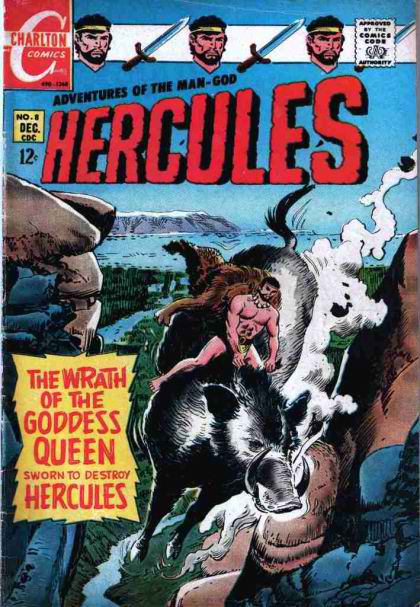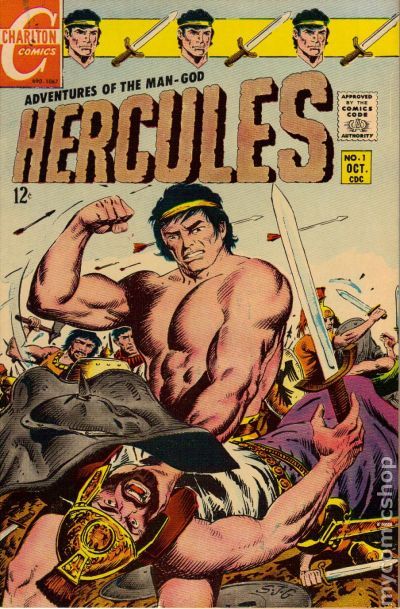Spotlight on Fantasy Webcomics: Happletea‘s Spin on Mythology and Pop Culture

The majority of webcomics I read are ongoing stories, most with fantasy elements, that focus on character development and plot and world building. Happletea is the only gag strip in my feed, and while it doesn’t have those other elements, it brings both humor and insight in spades. Created by Scott Maynard, the strip has been going since 2008 with some regularity (though not consistent updates), and it is, according to Maynard, “the only comic that excoriates religion, pop culture, and politics while, at the same time, lauding the world of cryptozoology.” I use Maynard’s own description here because it’s not only accurate (I can’t think of another comparable comic, except very possibly Sinfest, which I read only on occasion), but because it captures Maynard’s sense of humor.
In Maynard’s strip, recurring characters include:
- Lil K, whose misadventures have included pre-looting for the Mayan apocalypse, starting a revolution in Latin America upon misunderstanding what New Year’s Resolutions were for, and coping with the chaos of New York
- Sasquatch, Lil K’s foster father, who packs wormy lunches and occasionally has bizarre fashion sense
- God, who takes the form of a cat living at Lil K’s house
- Allev, Lil K’s blond friend who is often the voice of reason against Lil K’s antics

